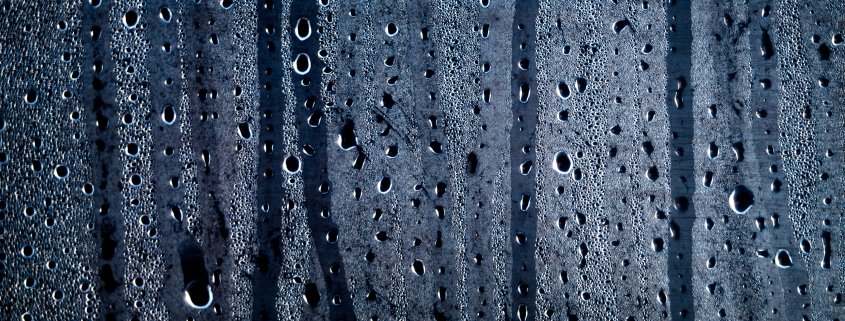How a property inspection report can detect water damage
It’s common knowledge that water and moisture damage is one of the biggest property inspection red flags. But what is water damage, and what should you be keeping an eye out for in a potential home before getting your property inspection report?
What causes water damage?
Water damage can be caused by a few different factors – including pipe leaks or bursts, flooding, a leaky roof, or joinery problems. It becomes detrimental to the structure of a home when water sits for long periods of time and causes dampness. Not only is damage caused by excessive water or moisture extremely expensive to fix, it can also be pretty bad for your lungs and health.
Before purchasing any property, you’ll want to make sure there’s no water damage – as well as make sure it’s watertight so there’s no chance of any damage in the future. A property inspection report will give you the most comprehensive overview of the home’s condition, but before booking an inspection there are a few things you can look out for yourself.
What sort of things should you be looking out for?
The good news is that with a careful eye, water damage can be spotted. When water sits for some time, it will leave stains, so keep an eye out for discolouration on the floors, walls, or the baseboards running along the base of interior walls. A helpful tip is to check out the basement or the foundations of a home, which will be stained if there’s been any flooding. While some sellers try to clear the house of any water damage signs, many forget about the basement!
Crumbling wood – particularly around windows – is also a tell-tale sign of water damage. If you see any crumbling or mould on window frames, it’s probably signs of efflorescence, meaning that water is seeping through to the area.
The ground outside the property can also indicate any water damage. If the ground is uneven and drops away from the level of the foundation, it can be a sign of flooding.
What difference can a property inspection report make?
While you can keep an eye out for some of these signs while looking through a home, a trained and qualified eye will be able to spot things more easily. A property inspector will give the home a full inspection from top to bottom and provide you with a comprehensive property inspection report outlining everything you should be aware of. They’ll assess the home’s interiors, including the kitchen, bathroom and laundry; as well as its exterior, like the roof and foundation. That way, you’ve got all the unbiased facts so you can make the most informed decision.
Purchasing a property is a big deal – and a water damaged home can cause a lot of grief and expense in the future if you aren’t aware of it. To avoid any nasty surprises, always get the help of a property inspector before purchasing your new home.








